Huw Edwards named as presenter at centre of BBC crisis
News reader’s wife, Vicky Flind, says he will remain in hospital for foreseeable future
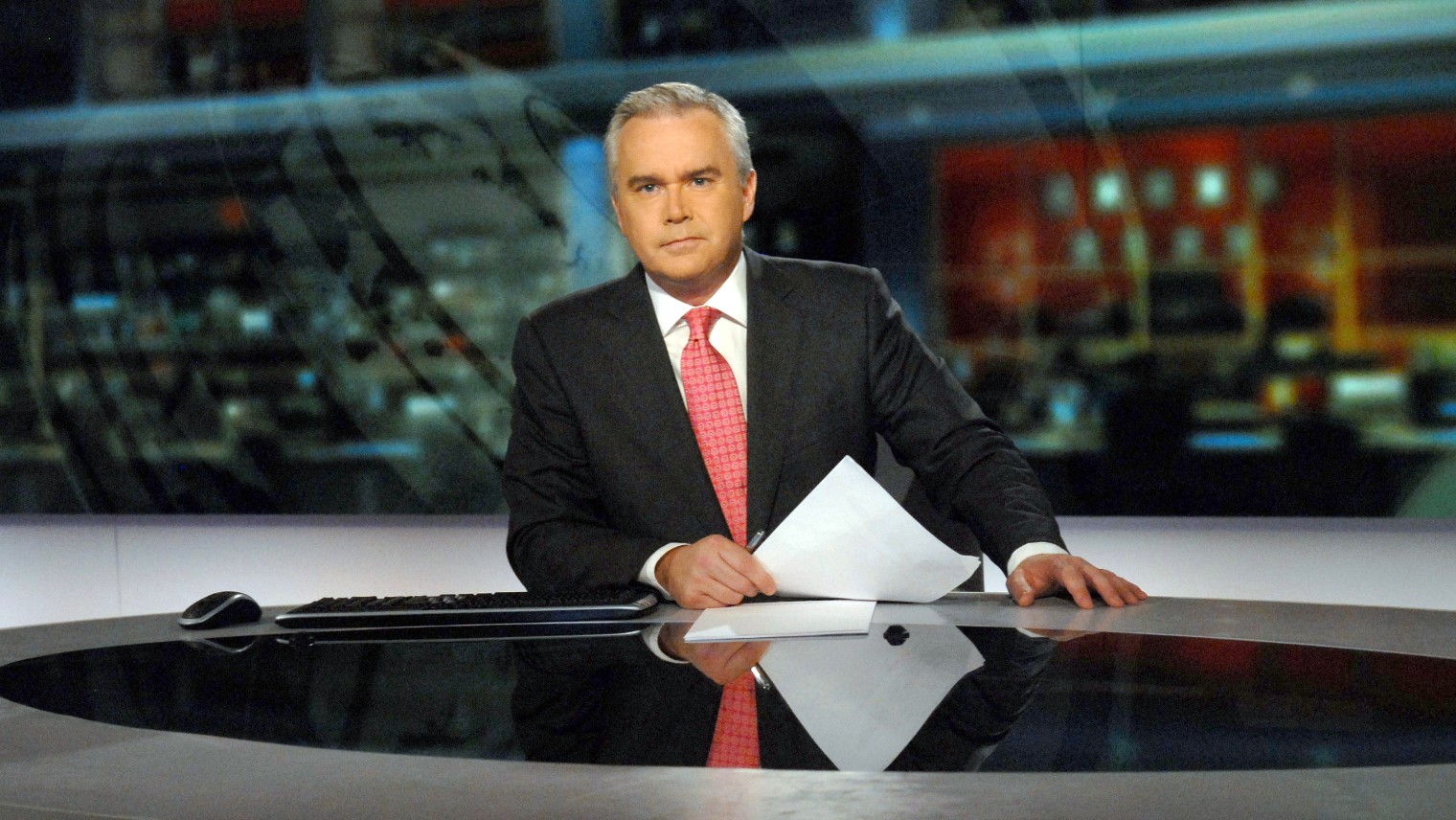
A free daily email with the biggest news stories of the day – and the best features from TheWeek.com
You are now subscribed
Your newsletter sign-up was successful
Huw Edwards’s wife Vicky Flind has named him as the BBC presenter accused of inappropriate sexual behaviour. Around the same time, the Metropolitan Police said that they had no information to suggest that any criminal offence had been committed.
The initial story, published in The Sun, was that an unnamed BBC employee had paid a teenager £35,000 for sexually explicit photos. The alleged victim’s mother said that her child had used the money to fund a crack cocaine addiction, and alleged that the payments had begun when he or she was 17. It is a crime to create, distribute or possess sexual imagery of under-18s.
The family reported the issue to the BBC in May, and went to The Sun when nothing seemed to be done about it: they claimed that their child was still receiving payments from Edwards in June.
The Week
Escape your echo chamber. Get the facts behind the news, plus analysis from multiple perspectives.

Sign up for The Week's Free Newsletters
From our morning news briefing to a weekly Good News Newsletter, get the best of The Week delivered directly to your inbox.
From our morning news briefing to a weekly Good News Newsletter, get the best of The Week delivered directly to your inbox.
Allegations and denial
The story had set off fevered speculation on social media about the presenter’s identity, leading the likes of Gary Lineker and Jeremy Vine (who then led calls for the presenter to make his identity known) to issue statements over the weekend denying that it was them. On Monday, however, events took an unexpected turn when a lawyer for the young person dismissed The Sun’s story as “rubbish”, insisting that “nothing inappropriate or unlawful” had taken place. The lawyer said the person, now 20, had sent a denial to The Sun, but the paper had published its story regardless.
The next day, an unnamed person in their early 20s claimed that the presenter had contacted them on a dating app and put them under pressure to meet up. When they hinted that they could name him publicly, they say he sent them abusive messages. In later reports, The Sun alleged that the star had broken lockdown rules to meet a 23-year-old he’d met on a dating site.
In an interview about the BBC’s handling of the family’s complaint, director-general Tim Davie conceded that lessons needed to be learnt, but he defended the BBC’s failure to raise it with Edwards until last Thursday. He said that managers had had to try to validate the complaint first. The Met has said the BBC can now resume an internal inquiry it had paused while police investigations were ongoing.
A question of privacy
Being a BBC reporter “must be a nightmare” this week, said Michael Deacon in The Daily Telegraph. For days, they were standing outside their own workplace, reporting on serious allegations concerning the institution they work for, and a person they may have known – while not being able to tell their viewers anything much at all (though apparently they all knew his identity).
A free daily email with the biggest news stories of the day – and the best features from TheWeek.com
The BBC has treated its audience with “a degree of contempt”, said Matthew Garrahan in the FT. True, it had legitimate concerns about Edwards’s welfare and that of the young person. But that was all the more reason to temper its reporting. Instead, it spent the best part of a week leading its news bulletins with “breathless coverage” of the story while declining to name the presenter. It was even running a live-blog, for goodness sake.
Our strict privacy laws made it difficult for the press to name him, said Sean O’Neill in The Times. The 2012 Leveson Report “set the direction of travel” in this developing area of the law, and Cliff Richard’s 2018 legal victory over the BBC (for reporting a police raid of his home sparked by unfounded sexual assault allegations) cemented the course. But the wave of online speculation as to the BBC star’s identity – in which numerous people were wrongly named – suggests that it may be time to “redress the balance” between privacy and the public interest, by giving the press some of its freedom back.
More questions than answers
Yet the facts at hand were always murky, said Jane Martinson in The Guardian: even five days after breaking the story, The Sun still hadn’t produced any firm evidence of anything beyond “unwise, questionable behaviour”. Flind’s statement doesn’t say much, says The Daily Telegraph, except that her husband is suffering “serious mental health issues” and is in hospital. It’s still hard to know what to make of this strange news week, said Sean O’Grady in The Independent, but at the moment it looks as though what it has left us with is families “torn asunder, lives destroyed, and the BBC trashed”.
In her statement, Vicky Flind noted that her husband had previously been treated for depression (something he had discussed publicly) and said that he will remain in hospital for the foreseeable future. However, she said that once he is well enough, he intends to respond to the stories published about him.
Even before the police’s statement, insiders at The Sun were distancing themselves from the most incendiary allegations in their reporting, said The Guardian, notably that the presenter had effectively commissioned child sex abuse images.
-
 6 exquisite homes with vast acreage
6 exquisite homes with vast acreageFeature Featuring an off-the-grid contemporary home in New Mexico and lakefront farmhouse in Massachusetts
-
 Film reviews: ‘Wuthering Heights,’ ‘Good Luck, Have Fun, Don’t Die,’ and ‘Sirat’
Film reviews: ‘Wuthering Heights,’ ‘Good Luck, Have Fun, Don’t Die,’ and ‘Sirat’Feature An inconvenient love torments a would-be couple, a gonzo time traveler seeks to save humanity from AI, and a father’s desperate search goes deeply sideways
-
 Political cartoons for February 16
Political cartoons for February 16Cartoons Monday’s political cartoons include President's Day, a valentine from the Epstein files, and more
-
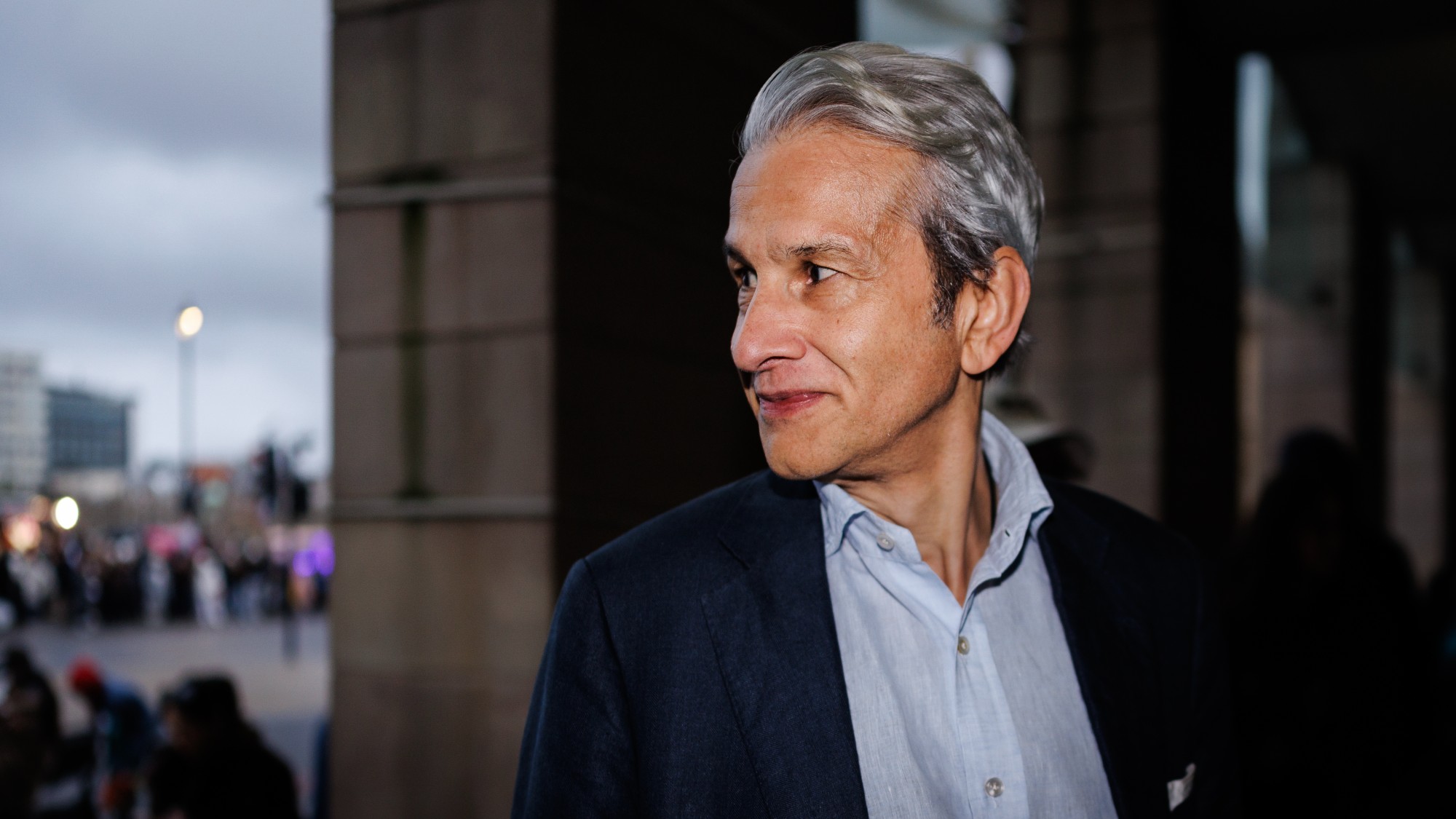 Can the BBC weather the impartiality storm?
Can the BBC weather the impartiality storm?Today's Big Question MPs’ questions failed to land any ‘killer blows’ to quell the ‘seismic outrage’ faced by the BBC
-
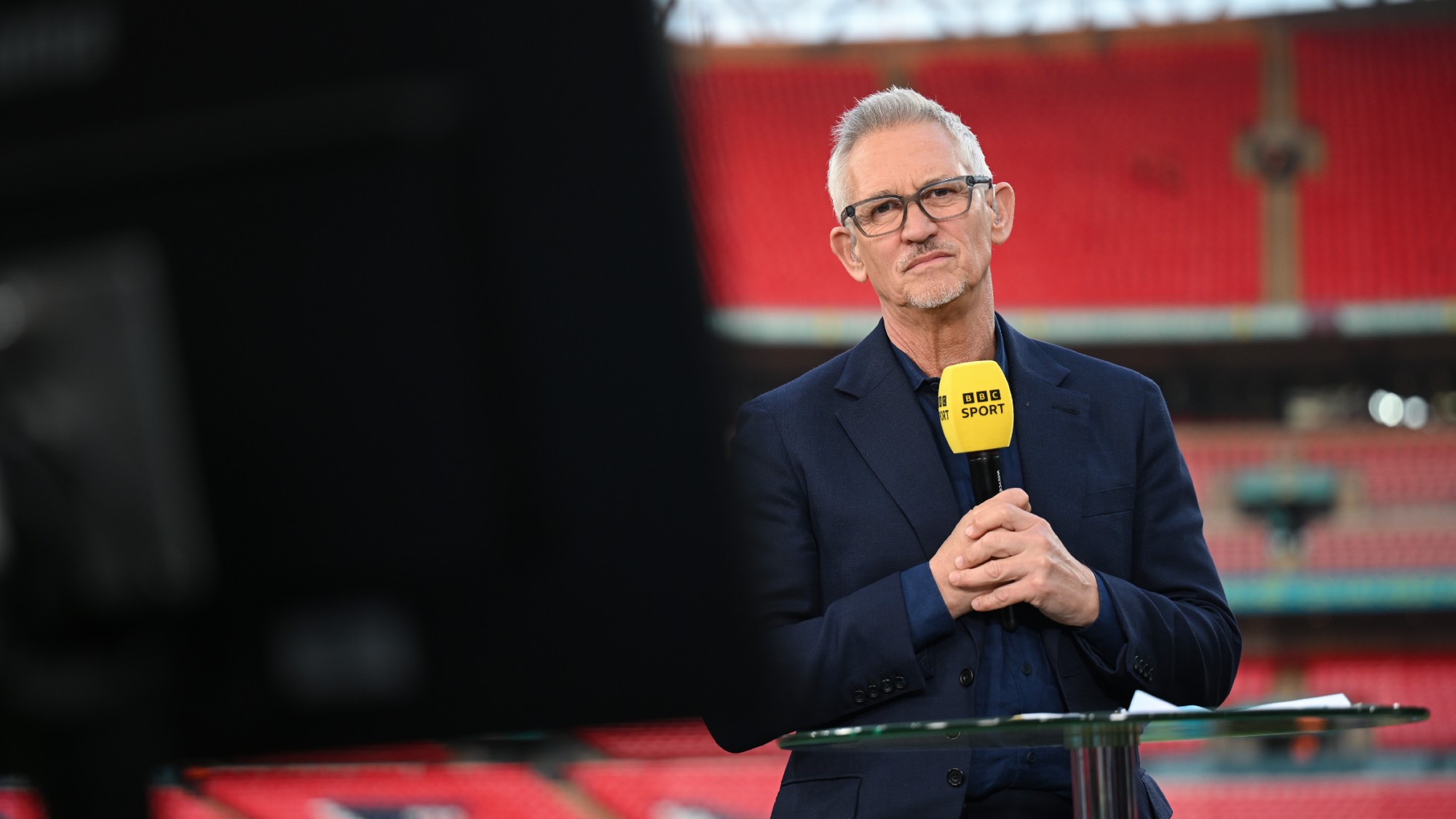 What are the impartiality rules for BBC presenters?
What are the impartiality rules for BBC presenters?The Explainer News presenters and hosts of 'flagship programmes' must adhere to tougher guidelines than other staff and freelancers
-
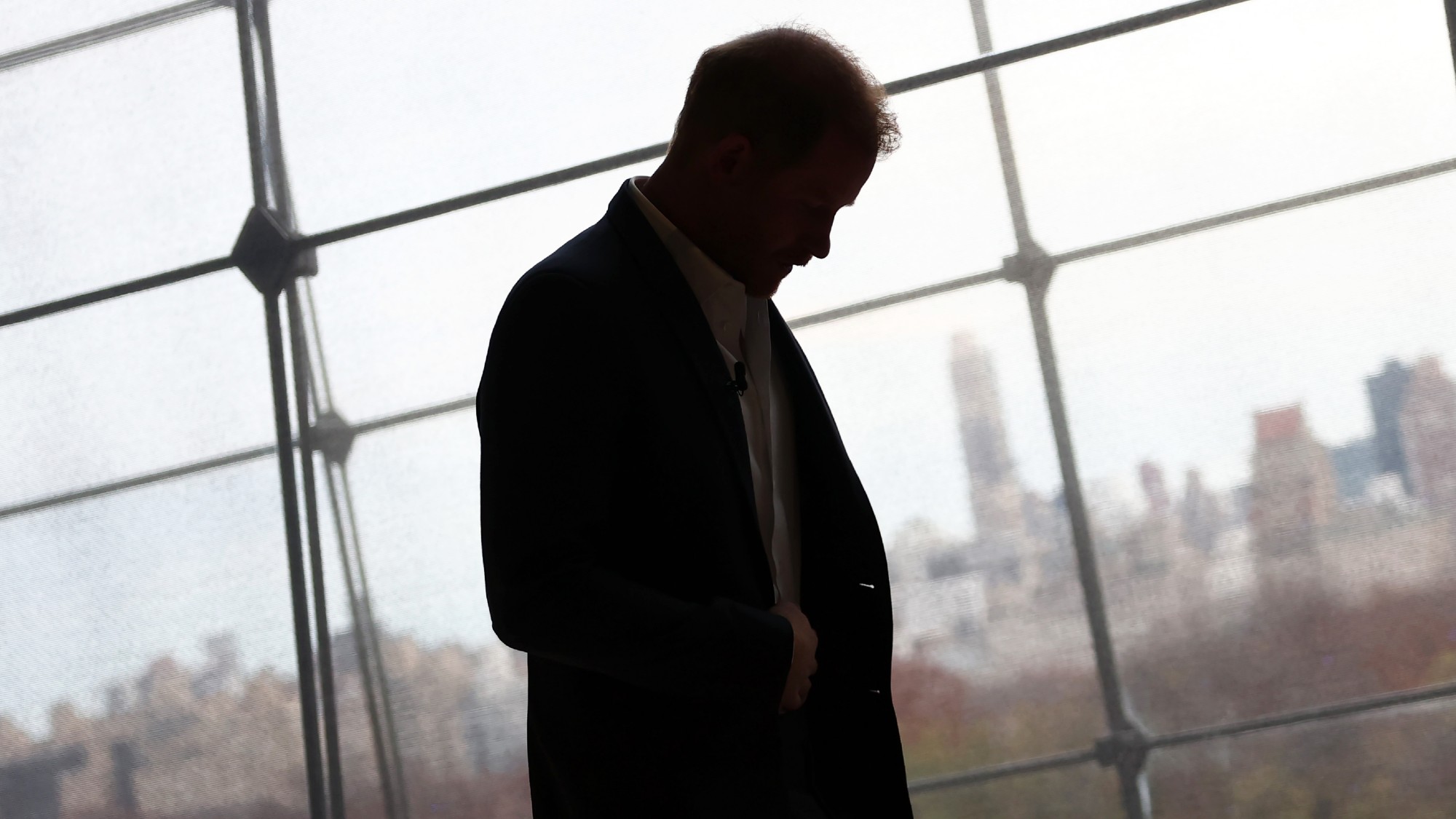 Phone hacking: victory for Prince Harry?
Phone hacking: victory for Prince Harry?Talking Point Even those who do not share the royal's views about the press should 'commend' his dedication to pursuing wrongdoing
-
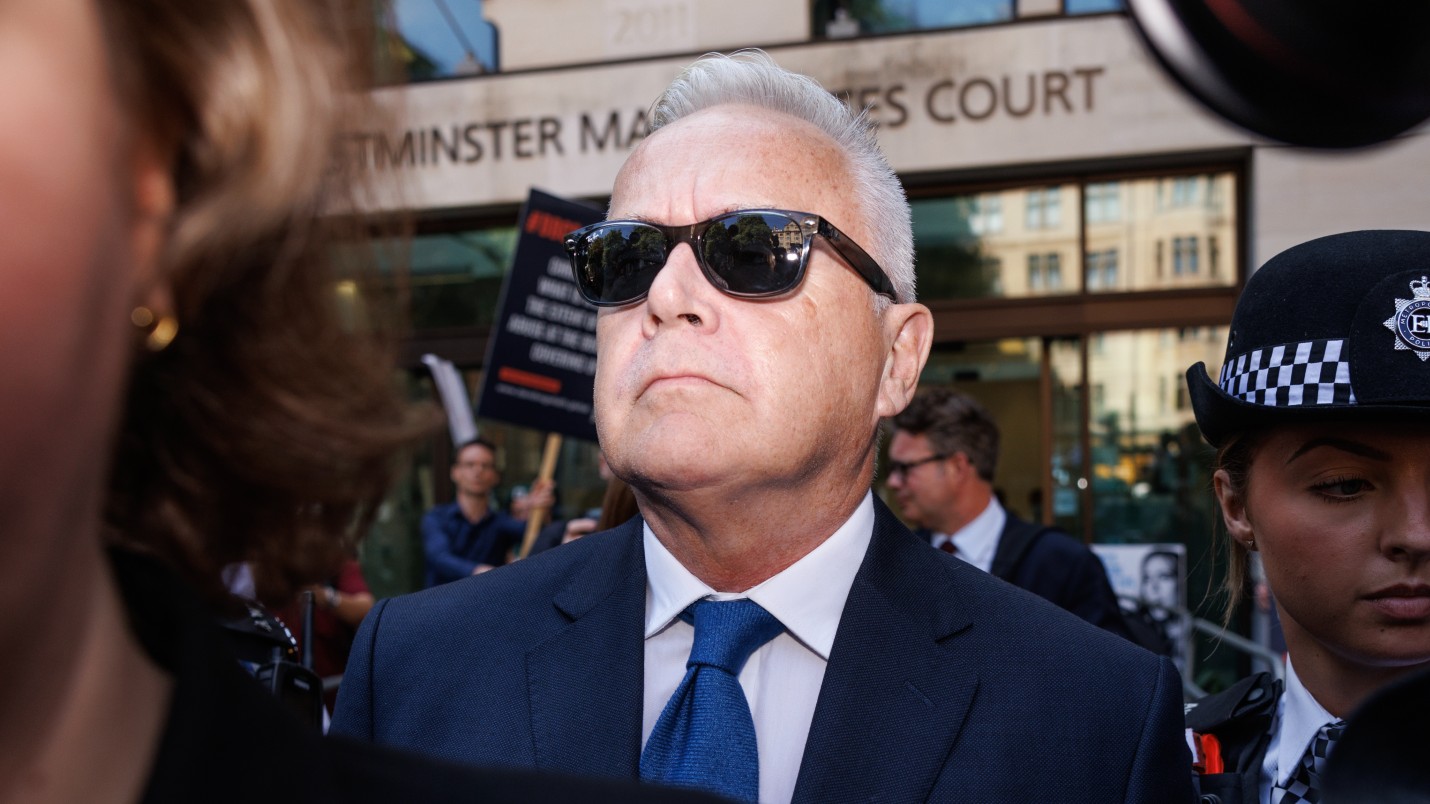 Huw Edwards: why is the BBC so scandal-prone?
Huw Edwards: why is the BBC so scandal-prone?In the Spotlight The national broadcaster has serious questions to answer
-
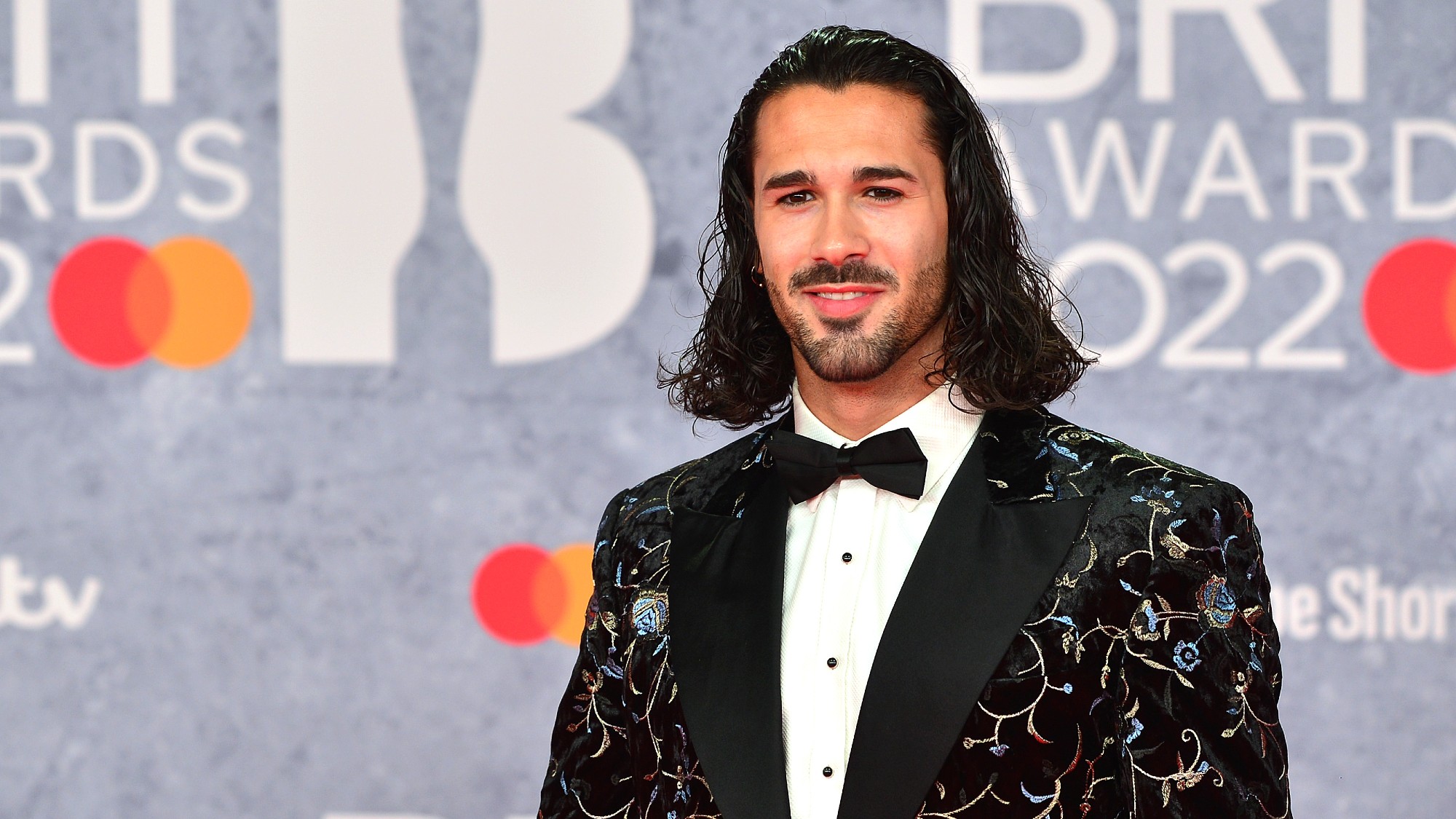 Strictly Come Dancing scandal timeline: what happened when
Strictly Come Dancing scandal timeline: what happened whenIn the Spotlight BBC director general addresses speculation over show's future and apologises to celebrity contestants who say they were mistreated
-
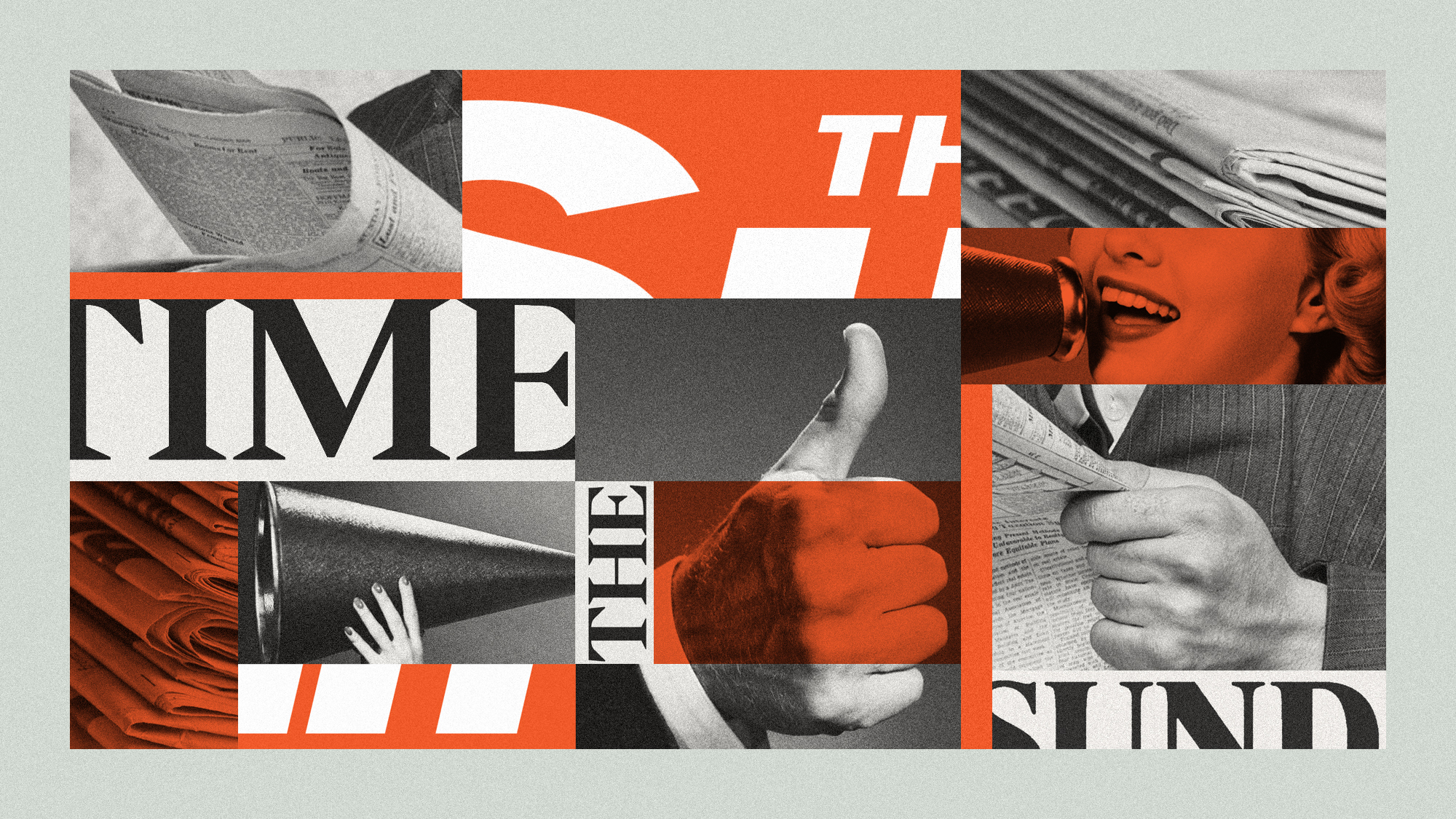 Flying too close to The Sun: do newspaper endorsements matter any more?
Flying too close to The Sun: do newspaper endorsements matter any more?Today's Big Question Power of the press has diminished but can still set the terms of the debate and signify direction of travel
-
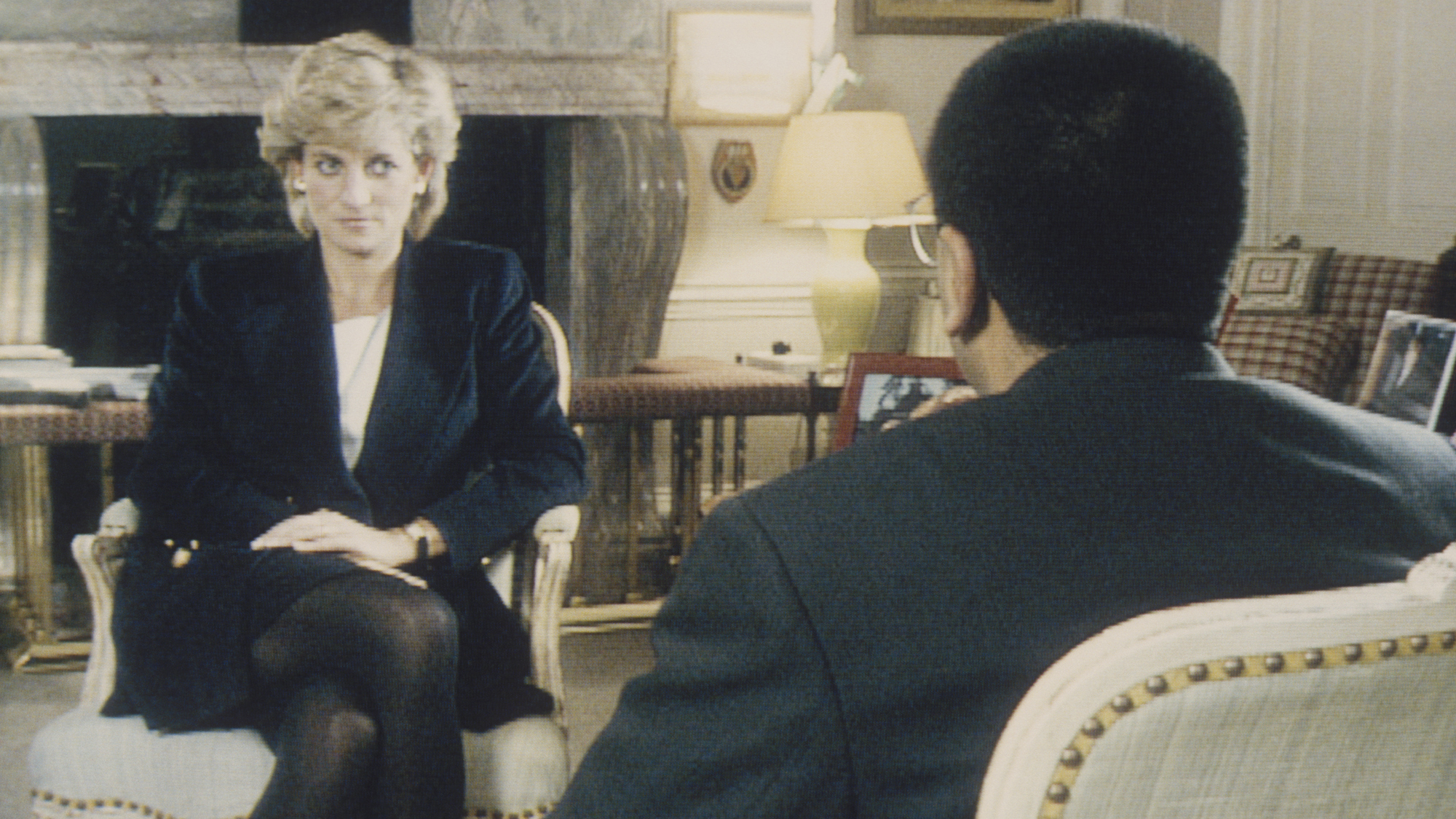 The Princess Diana interview and Martin Bashir's redacted dossier
The Princess Diana interview and Martin Bashir's redacted dossierIn the Spotlight The newly revealed documents show Bashir claimed jealousy and discrimination fuelled allegations against him
-
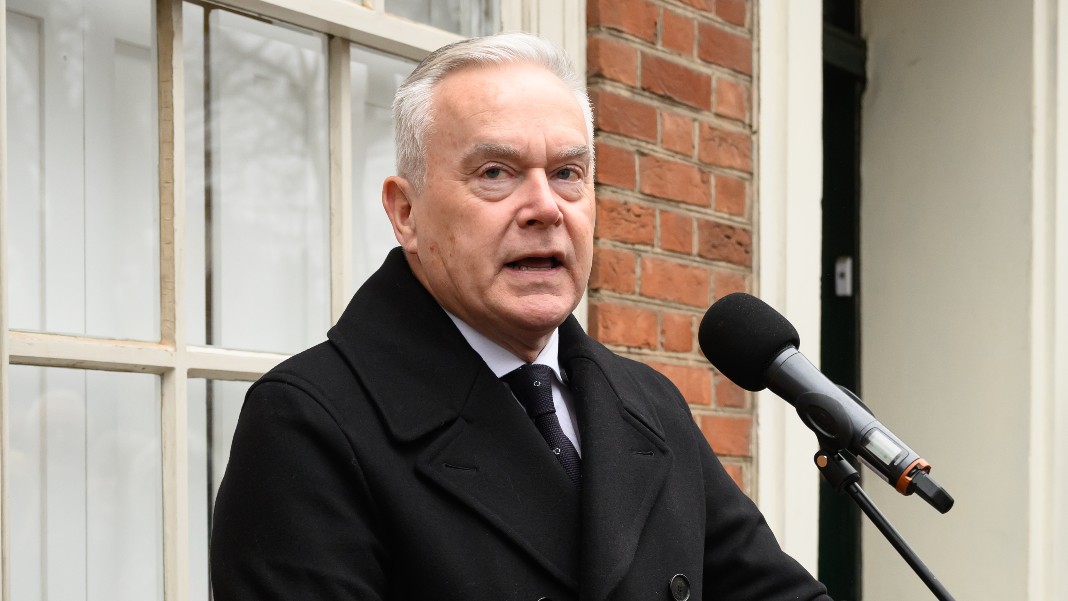 Huw Edwards and the question of ‘public interest’
Huw Edwards and the question of ‘public interest’Talking Point Privacy law ‘mess’ needs to be cleared up, not by judges, but by Parliament